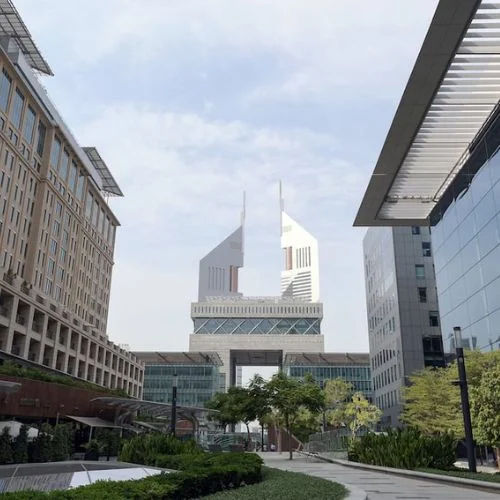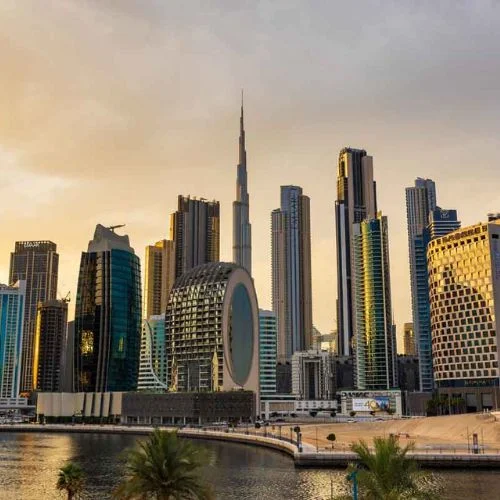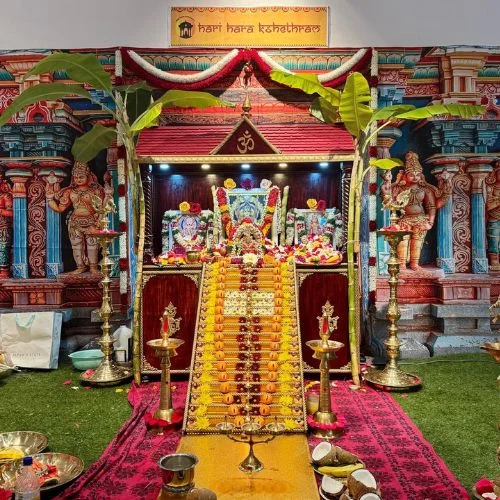India has not decided whether to reduce import duties on electric cars (EVs) under a new policy suggested for carmakers who commit to local manufacture, which might facilitate Tesla’s entrance into the market, according to a senior government official.
India’s indigenous manufacturers are anxious about the likelihood of Tesla joining the market, and the government intends to provide incentives to Tesla and other foreign automakers. India has been working on a proposed legislation that would reduce the 100% EV import tax to as low as 15% for automakers that commit to investing and producing in India in the future.
Deliberations on the import tax started when Tesla said that it wanted to create a plant in India to make an EV priced at $24,000, which is around 25% less than Tesla’s current entry model. According to Reuters, Tesla has also requested reduced taxes on more costly models for sale in India.
Rajesh Kumar Singh, the top bureaucrat at India’s Department for Industry and Trade Promotion, told Reuters at the World Economic Forum meeting in Davos that Tesla would most likely try to bring cars to the Indian market in the $24,000 to $36,000 price range because “that’s where the volumes” will be available.
“The issue is raising resistance from the domestic industry because they are also in that (EV price) segment,” Singh said late on Wednesday.
“It’s a very congested area and we’ve not been able to take a final call on this so far.“
Singh did not identify any domestic manufacturers, but Reuters reports that Tata Motors, India’s largest EV participant, and Mahindra & Mahindra have urged authorities not to reduce EV import levies to shield local businesses from Tesla’s potential arrival.
In an interview this week, Mahindra & Mahindra Managing Director Anish Shah advocated for an equal playing field for domestic and international EV manufacturers, stating that India must boost local production.
Tesla did not immediately reply to a request for comment after normal U.S. business hours.
Tesla first attempted to enter India by seeking reduced import duties, which Elon Musk described as the “highest in the world by far of any large country“.
That demand for taxation resulted in stalled discussions with New Delhi in 2022. Tesla has changed its attitude and promised to put up local production, as India had requested.
“There have been some discussions on whether you lower the tariff for a short period but he (Musk) also accepts fairly significant investment and domestic value addition criteria,” Singh, the Indian official who spoke to Reuters, said.
This would enable Tesla to import a limited number of cars for a short period, but Musk would also be required to submit “cast iron commitments to invest in India, make in India,” Singh added.
Last year, India sold 4 million automobiles, with just 82,000 of them being EVs, but the fledgling industry had a sales increase of 115% over the previous year.
The government is also attempting to establish sufficient charging infrastructure throughout the country since a lack of it is a major reason why customers are unwilling to convert to EVs, Singh said.















